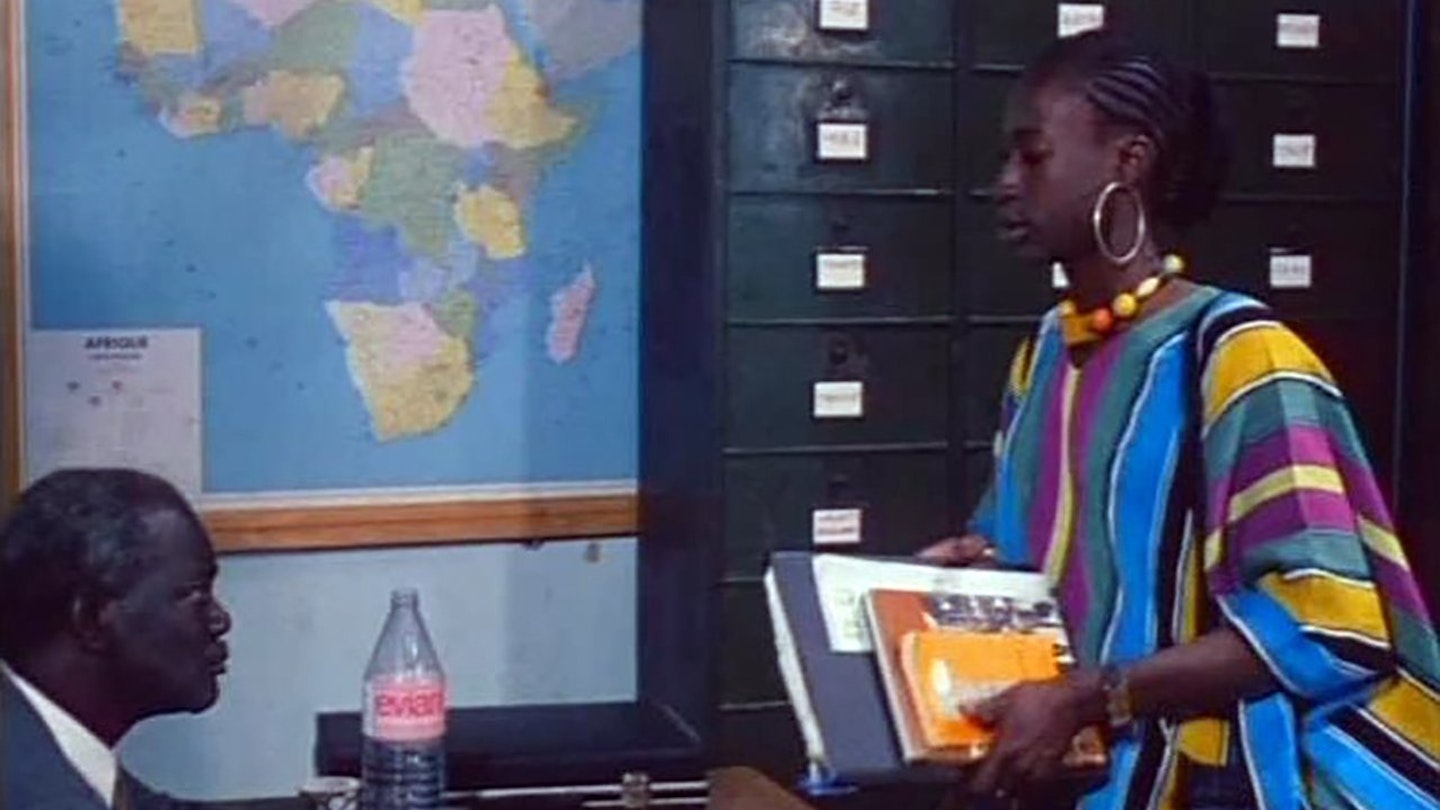Having explored European racism in The Black Girl, African bureaucracy in The Money Order and imperial suppression in Emitai, Soviet-trained Senegalese director Ousmane Sembène turned to his own 1974 novel for this satirical exposé of Africa's post-colonial élite. Switching from the realism of what he called the `cinema of placards', Sembène adopted an allegorical symbolism that was designed to show people the conditions under which they existed and suggest that the only way to escape from them was to take positive action.
Sembène scarcely veiled the contempt with which he depicted the leaders who betrayed their nation by driving out the French and promptly replacing their institutions with identical indigenous variations. They're all shown in Western suits and speaking French in private while pandering to the masses in the local Wolof dialect. They exploit their brothers by employing them as chauffeurs, whom they order to wash their white Mercedes in imported mineral water. And one even refuses to holiday in Spain any more because it's become so over-run with blacks.
Thus, El Hadj is not the guiltiest man in Dakar. But he revels in the luxury and status that his wealth has brought him and his disdain for the cripples and beggars whom he wanted removed from the streets results in the xala or curse that brings him so low that he has to subject himself to their scornful spittle in order to be shriven.
But, this is not just a treatise on post-colonialism and class. Sembène boldly uses his female characters to comment on Senegal's chauvinist patriarchy. El Hadj's first wife, Adja, evokes the pre-colonial past with her subservience and traditional dress, while Oumi, with her wigs, shades and plunging necklines, represents the imperial era, and Ngone symbolises the trophy rewards of independence. But his daughter, Rama, stands for the idealised future, with her preference for Wolof and local fashions being complemented by her moped and university education.
The populace certainly responded to Sembène's message, as Xala broke box-office records, while also being shown free to schoolchildren and villagers around Senegal.
